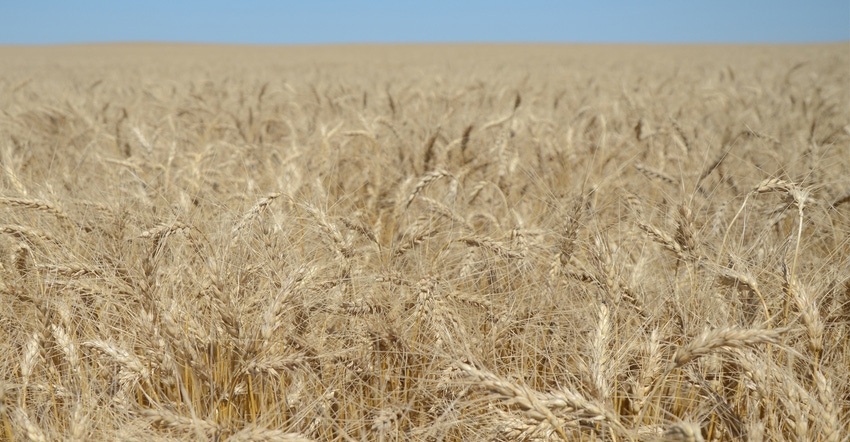July 16, 2020

A University of Nebraska-Lincoln researcher has received $650,000 for a project that has the potential to improve wheat productivity through the development of hybrid wheat varieties.
P. Stephen Baenziger, professor and wheat growers presidential chair in the Department of Agronomy and Horticulture at UNL, received the three-year grant through USDA's National Institute of Food and Agriculture (NIFA) grant program.
As the world’s population surges, experts estimate that wheat productivity will have to improve by 1.4% to 1.7% annually to meet worldwide demand. The current improvement is between 0% and 1% annually. To meet the projected demand, new approaches are needed.
Wheat is a self-pollinating crop, and one of the most promising methods of increasing wheat productivity is through the development of hybrid wheat varieties.
The objectives of Baenziger’s research are to validate promising results from previous trials in hybrid wheat; improve the cost-effectiveness of creating hybrids; develop heterotic groups or patterns and test multiple mating designs for wheat hybrids that could lead to increased yield productivity; and continue cytoplasmic male sterility line development, and identify and validate restorer genes, for wheat hybrids. The cytoplasmic male sterility system is believed to be the most effective system for producing hybrid wheat seed on a large scale.
Ultimately, Baenziger hopes the project contributes to the development of the necessary knowledge base, germplasm and heterotic pools to support the development of hybrid wheat.
“Without federal support, this project would be too large and complex for any individual public program to undertake,” Baenziger said. “We appreciate this global partnership, which combines the strengths of multinational research for the common good. We also want to ensure that we build a public platform for hybrid wheat that is available to all, public and private, in the future.”
The research is led by Nebraska, in partnership with Texas A&M University, the International Wheat and Maize Improvement Center in Mexico, the Leibniz Institute of Plant Genetics and Crop Plant Research in Germany, and the French company Asur Plant Breeding.
Baenziger’s proposal was one of 22 projects nationwide selected for funding through the NIFA grant program. The program aims to advance the development of publicly available cultivars bred to improve the production efficiency, yield, sustainability, resilience, healthfulness, product quality and value of U.S. agricultural plants, while increasing farmer profitability, competitiveness in a global market, and exports.
Pesek is IANR communications director.
Source: IANR News Service, which is solely responsible for the information provided and is wholly owned by the source. Informa Business Media and all its subsidiaries are not responsible for any of the content contained in this information asset.
You May Also Like




